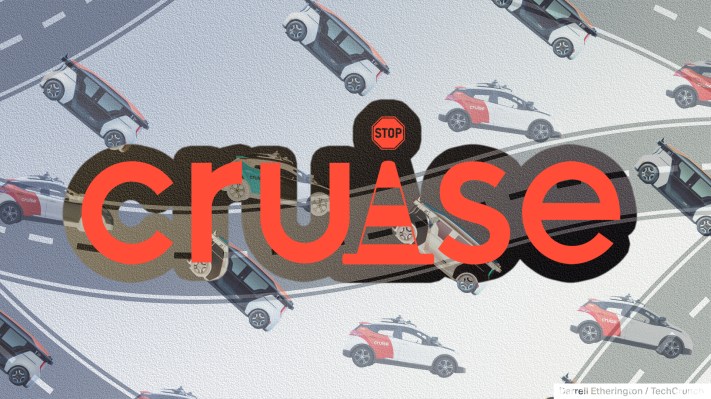Cruise executives are taking a measured business approach that preserves cash and improves safety culture in an attempt to put GM’s troubled autonomous vehicle subsidiary on the right path.
The first steps in this rebuilding plan, which includes pausing production on its Origin robotaxi, were laid out in an internal email sent to employees by Mo Elshenawy, who was executive vice president of engineering at Cruise and ascended into the president role after co-founder and CEO Kyle Vogt resigned.
For now, this strategy includes more “realistic” plans, according to Elshenawy. That means focusing on its current robotaxi platform the Chevy Bolt AV instead of the custom-built Origin shuttle that GM started producing earlier this year. GM recently temporarily paused production of Origin. This latest email notes that while development of the Origin program will continue, the vehicle will not be produced in 2024. The company also is reviewing its layoff plans and will provide an update in several weeks.
While Elshenawy didn’t provide a timeline for when Cruise would restart operations, he did say the company would relaunch in just one city at first. That’s a departure from the aggressive multi-city launch strategy Cruise and GM had been focused on in 2023.
“As we work to rebuild trust with regulators and communities, we’ve made the decision to focus on the Bolt-based Cruise AVs in the near term with a longer term strategy around the Origin,” the company wrote in an emailed statement in response to the internal email. “Once we have taken steps to improve our safety culture and rebuild trust, our strategy is to re-launch in one city and prove our performance there, before expanding.”
The internal email also provided some clarification surrounding its employee share-selling program, which was recently suspended for the fourth quarter. Vogt had reversed this wildly unpopular decision over the weekend, but employees were still waiting for more information. The email sent Wednesday said employees who own the restricted stock units that settled from the beginning of year to October would be eligible for a new tender offer to help with tax qualifications.
The internal email comes three days since Vogt abruptly resigned and about a month after the California Department of Motor Vehicles suspended Cruise’s permits to operate self-driving vehicles on public roads after an October 2 incident that saw a pedestrian — who had been initially hit by a human-driven car and landed in the path of a Cruise robotaxi — run over and dragged 20 feet by the AV. A video, which TechCrunch viewed a day after the incident, showed the robotaxi braking aggressively and coming to a stop over the woman. The DMV’s order of suspension stated that Cruise withheld about seven seconds of video footage, which showed the robotaxi then attempting to pull over and subsequently dragging the woman 20 feet.
Cruise, which had already faced increasing opposition from city officials in San Francisco, soon found itself hamstrung by investigations and pressure to stop operations. Without commercial permits to operate in San Francisco and an internal decision to pause its driverless fleets in other states, the company laid off contract workers, further deepening the malaise.
